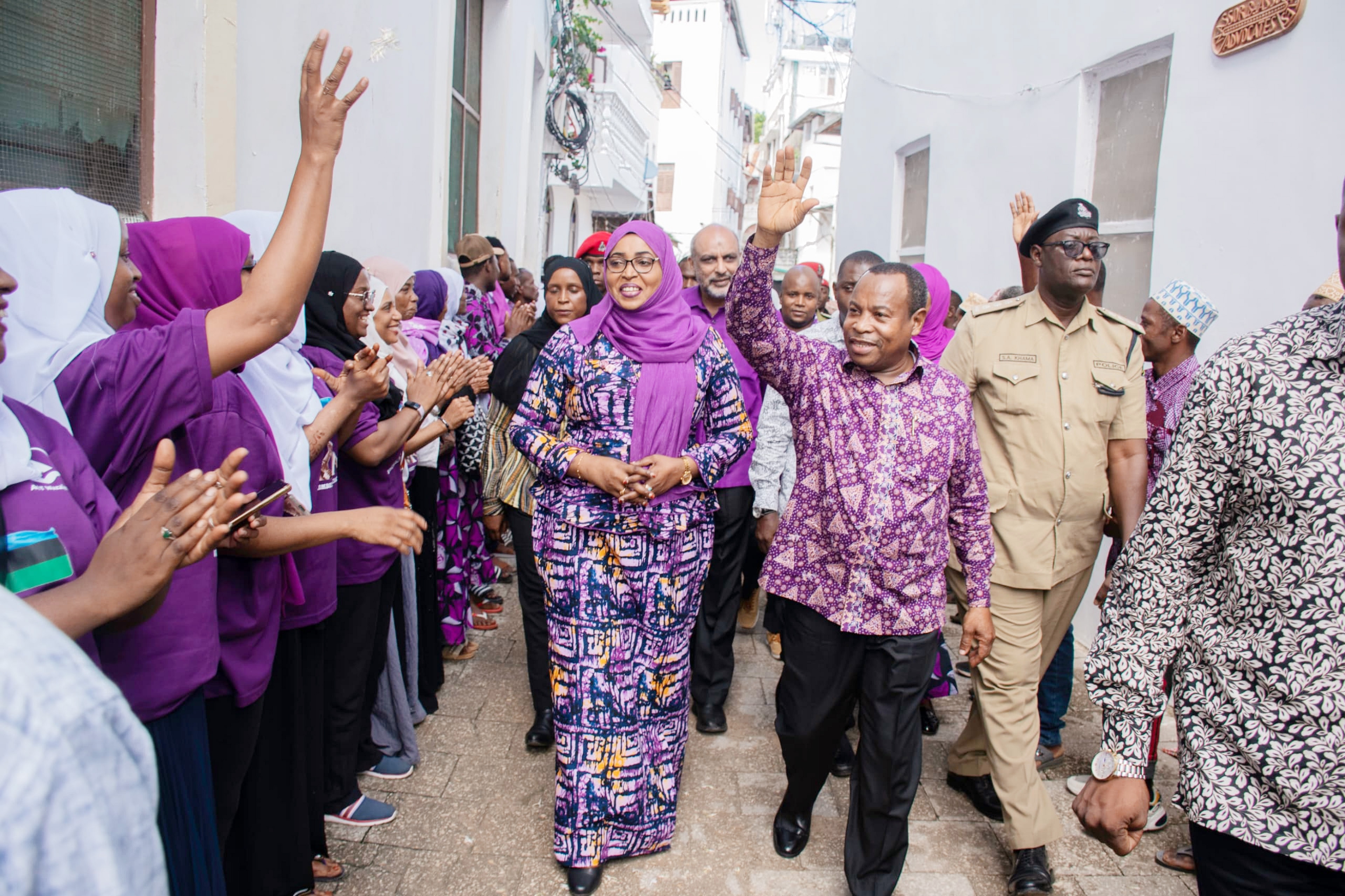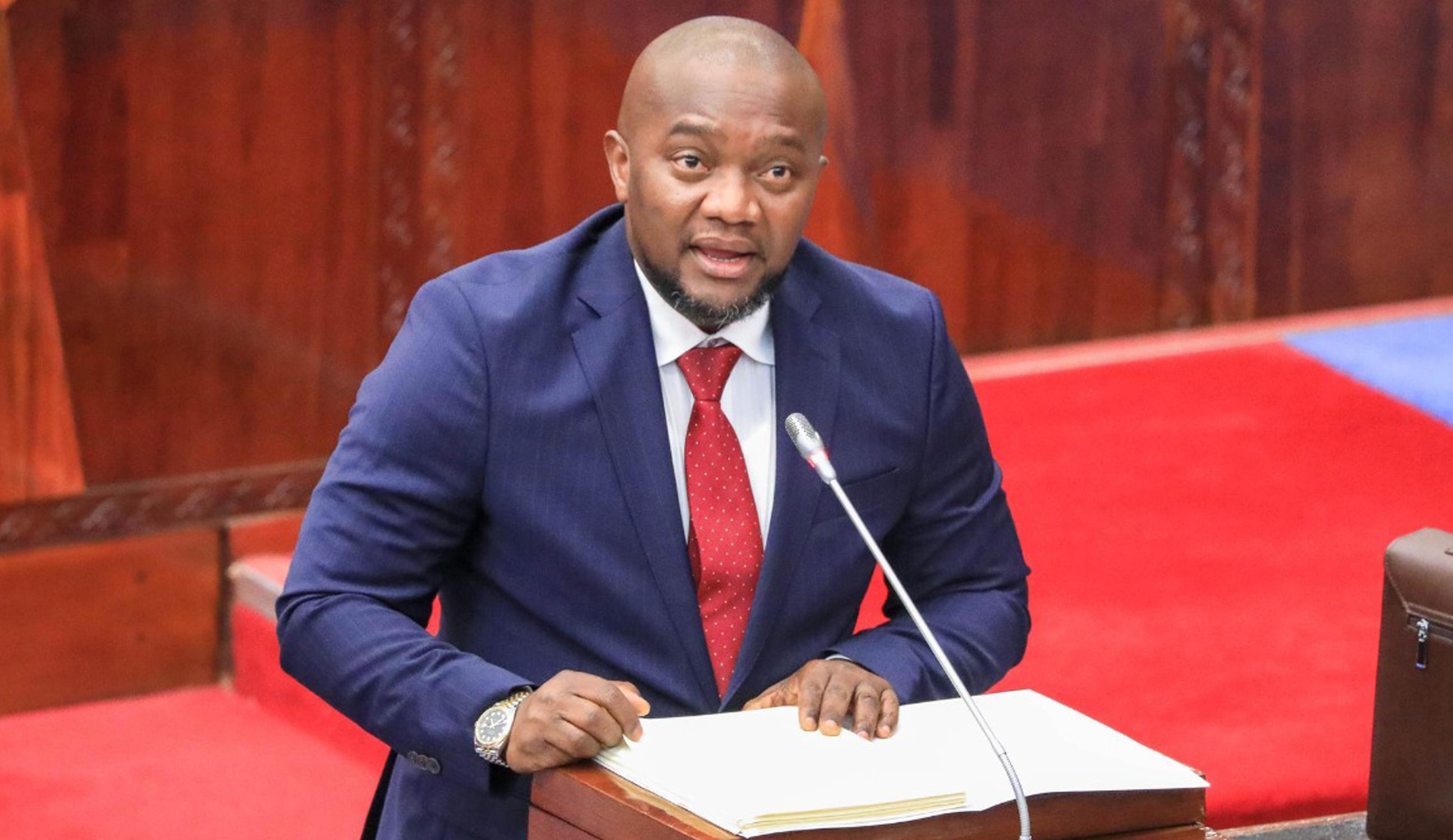Germans create 15,000 jobs in Tanzania

The minister for Foreign Affairs and International Cooperation, Dr Augustine Mahiga.
What you need to know:
- Speaking during an exclusive interview after the launch Germany’s liaison office here, the minister for Foreign Affairs and International Cooperation, Dr Augustine Mahiga, said the amount covers 157 projects from various sectors.
Dodoma. German firms have invested a total of $324.12 million (Sh732.2 billion), creating a total of 14,850 jobs for Tanzanians.
Speaking during an exclusive interview after the launch Germany’s liaison office here, the minister for Foreign Affairs and International Cooperation, Dr Augustine Mahiga, said the amount covers 157 projects from various sectors.
The projects, according to the minister, range from agriculture, manufacturing, tourism and environmental protection.
“As things stand, we are doing well in business with our German counterparts,” he said.
He added: “To foster our business relations, in April, Germany managed to open chamber of commerce and industry in the country.”
Without revealing the share of each country, Germany Ambassador to Tanzania Detlef Waechter told The Citizen that trade volume between the two countries stood at $300 million (about Sh678 billion).
“So far, our trade volume is not that good due to some unresolved challenges, which discourage investors,” said Dr Waechter.
The challenges, according to him, include delays in issuing of work permits and unclear taxation system, the situation that was scaring away some investors from Germany. He suggested that if Tanzania wants to attract more investors, it should be flexible when it comes to issuing work permits and ensure that tax claims are justifiable.
He, however, hailed the government, saying its efforts in fighting corruption, could help attract more investors.
“The government needs to create a climate that is friendly to promote private sector, foreign investors and increase trade volume,” the envoy opined. Dr Waechter said due to some unresolved challenges, the construction of a €1.3 billion (about Sh3.38 trillion) fertiliser company in Mtwara, Region, has been temporarily halted.
He said the implementation of the project, which is to be executed jointly by investors from Germany, Palestine and Denmark, would start immediately after reaching an agreement.
The government’s goal of becoming a middle income country, he said, is an unambitious plan which needs friends and partners to support it by venturing into more investments.
He said despite some unresolved challenges, which impede the investors, Germany interest in doing business with Tanzania is high.
Hoping that his hopes that the government was working around the clock in resolving the challenges, he called on Germany investors to come and grab various investment opportunities.
He cited some of the sectors they were ready to pump their money in as infrastructure projects, agriculture and electricity.
“There are a lot of untapped potential here. I would advise more companies from Germany to come and invest in these promising sectors,” noted Dr Waechter.
He disclosed that recently two giant companies from Germany came to explore untapped potentials.
The companies include, BASF, a chemical company and the largest chemical producer in the world, and Siemens, a Conglomerate Company headquartered in Berlin and Munich and the largest industrial manufacturing company in Europe with branch offices abroad.
In a fresh bid to address the challenges impeding businesses, the government has come up with a blueprint, a document which is meant to improve business environments.
The challenges, among others, include, tax and charges burden, multiplicity of regulatory bodies, policy unpredictability and bureaucracy.


